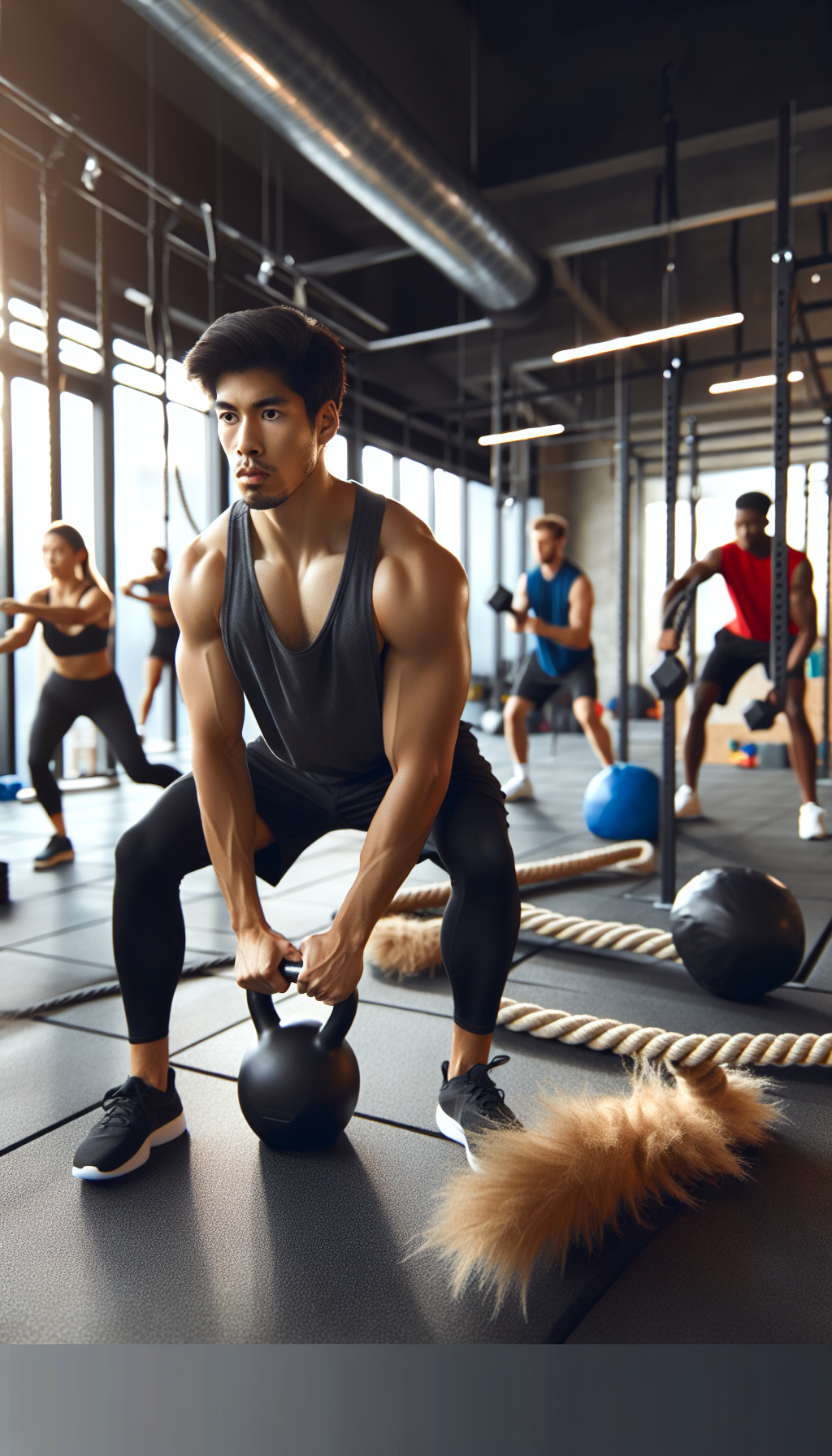Functional fitness training is a buzzword that has gained substantial traction in the wellness community, and for good reason. This form of exercise equips individuals with the strength, stability, and mobility required to tackle everyday activities with ease and reduced risk of injury. Unlike traditional workouts that may focus on isolated muscle groups, functional fitness emphasizes movements that are integral to daily life, such as squatting, lifting, pushing, and pulling.
Understanding Functional Fitness
Functional fitness is rooted in exercises that improve balance, coordination, and overall strength. By simulating common movements you might do at home, at work, or in sports, this type of training ensures that your body can handle real-world stresses. This training is not just for athletes; it’s for anyone who wants to make their daily routine more manageable and prevent injuries.
A prime example of functional fitness is a squat. It’s not just an exercise; it’s a fundamental human movement used every time you sit down or stand up. Proper squatting technique can reduce your risk of lower back and knee injuries when done correctly. The same principle applies to other functional movements such as lifting overhead, which can improve your ability to reach for items on high shelves without strain.
Linking Fitness to Overall Health
Incorporating functional fitness into your routine can have a significant impact on various aspects of your health. For instance, it’s closely tied to bone health, as weight-bearing exercises can stimulate bone formation and reduce the risk of osteoporosis. Similarly, core-strengthening movements bolster your lower back and abdomen, contributing to a stable and supportive core, which is crucial for virtually all daily movements.
Moreover, functional fitness exercises often mimic the quick changes in direction and speed found in daily activities, which can enhance your cardiovascular health by increasing your heart rate and improving blood flow throughout your body.
Benefits of Functional Fitness Training
Injury Prevention
One of the most significant benefits of functional fitness is its role in injury prevention. By mimicking the movements you perform in your daily life, these exercises help your body to become more adept at these tasks. This training can lead to better body mechanics and reduced risk of injury during everyday activities. For more insights on injury prevention, check out "Overcoming Common Fitness Injuries" on Avix Health.
Improved Muscle Memory
Functional fitness promotes improved muscle memory. By repeatedly practicing movements that mirror those you use in real life, your body becomes more efficient at performing them. This increased efficiency can translate into better performance in sports and daily tasks.
Greater Muscle Balance and Coordination
This form of exercise often requires the use of multiple muscle groups at once, which can lead to better overall muscle balance and coordination. As you train your body to work as a cohesive unit, you will likely notice improvements in your balance and functional strength.
Enhanced Core Stability
Core stability is crucial for maintaining proper posture and preventing back pain. Functional fitness exercises strengthen the core muscles, which include the muscles in your abdomen, back, and pelvis. A strong core is essential for performing any physical activity and for protecting your spine.
Implementing Functional Fitness in Your Routine
To incorporate functional fitness into your life, start with exercises that are reflective of your daily movements. If you’re new to this type of training, consider taking a group fitness class that focuses on functional movements. You can learn about various options and their benefits at "Group Fitness Classes: Benefits and Options" on Avix Health.
Choosing the Right Equipment
While many functional fitness exercises can be done with just your body weight, using the right gear can enhance your workout. Read "How to Choose the Right Fitness Gear" on Avix Health for tips on selecting equipment that can aid in your functional fitness journey.
Combining Cardiovascular and Strength Training
A comprehensive functional fitness program should include both cardiovascular and strength elements. For cardiovascular health, exercises like brisk walking, running, or cycling can be effective. When it comes to building strength, focus on movements that involve lifting, carrying, or moving your own body weight, such as push-ups, lunges, and squats.
Tailoring to Your Lifestyle
Your fitness goals should align with your lifestyle and daily activities. If you have a physically demanding job, your functional fitness routine might focus on strengthening the specific muscle groups you use most often at work. For personalized advice, explore "Tailoring Your Fitness Goals to Your Lifestyle" on Avix Health.
Expanding Your Knowledge
As you delve into functional fitness, it’s important to separate myths from facts and understand the underlying principles of the training. Avix Health’s article "Navigating Fitness Advice: Separating Myths from Facts" can provide you with the knowledge to make informed decisions about your fitness routine.
For further reading on the subject, you may find valuable information on external resources that delve into the specifics of functional fitness. For example, the American Council on Exercise offers detailed guides on functional fitness training, and PubMed Central provides access to scientific studies that explore the effectiveness of functional exercises.
Conclusion
Functional fitness training is more than just a trend; it’s a sustainable approach to ensuring your body is prepared for the demands of everyday life. By focusing on exercises that mimic real-world activities, you can build a body that’s not only strong and fit but also capable of performing daily tasks with greater ease and less risk of injury.
Remember, the journey to functional fitness is personal and should be tailored to fit your unique lifestyle and goals. With the right knowledge, equipment, and commitment, functional fitness can be a rewarding and practical component of your overall health and well-being.



